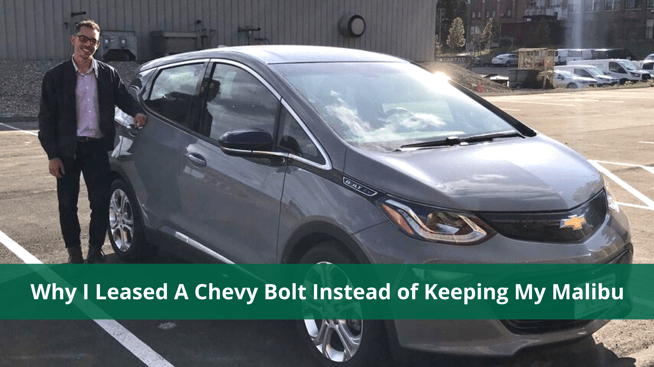Protecting and strengthening energy efficiency programs in Massachusetts and Rhode Island have been core components of Green Energy Consumers’ advocacy for years. We urge utility efficiency administrators and state officials to build energy efficiency programs that have ambitious energy savings targets, incorporate equity, and invest in deep, innovative efficiency measures.
This summer marks a pivotal moment in energy efficiency programs in Rhode Island: 2020 has already seen the publication of an Efficiency Programs Potential Study—that is, the first study in ten years to identify new efficiency opportunities—as well as a revision of the regulations governing efficiency programs. Now, National Grid, alongside stakeholders (including Green Energy Consumers), is working to draft the next Three Year Efficiency Plan, which will guide the programs from 2021 through 2023.
Unfortunately, the first draft of the 2021 – 2023 Three Year Plan is insufficient to meet RI policy goals or comply with state law that efficiency programs be “cost-effective, reliable, and environmentally responsible.”
